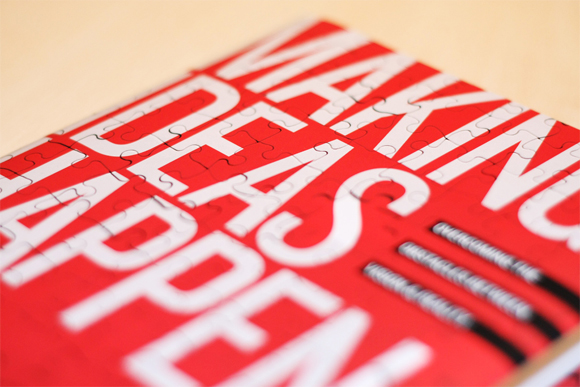By Marta Cerava
An easy choice this time
Seems that most of the choices I have to make takes a village.. . However this time I decided to rely on my most beloved magazine The Economist, and it didn’t make me very disappointed.

The magazine featured a new “impressive” book of the leadership field that I was not very familiar with – Jeffrey Pfeffer “Leadership BS: Fixing Workplaces and Careers One Truth at a Time”. The review let me think that this might be an alternative view on what the leadership-training business is promoting.
Although I don’t have many examples to compare this self-help book with, it seemed like a rather realistic way to approach the field. J.Pfeffer mostly counterattacked the ideas, arguments, thesis that are stereotypically known as the basics of great leadership.
Example with more realism
Let me make an example, especially for Dr.Bill who asked this in the class: “why leaders eat last” or “why leaders eat first”.
According to J.Pfeffer, the idea of servant leadership — looking out for the interest of others before themselves — is appealing, but it also means “putting the interests of employees over organizational performance“, which might be contradictory. He admits that ethically it makes sense to improve the work environment for others. It can also eventually improve the business as the employees in turn do a better job. However there is not much evidence that this kind of leadership existence and its results.
As the example of “a leader eating the last” comes from the military field, J.Pfeffer argues that it is exemplary because most of the leaders in military “have come up through ranks and have done many if not most of the organizational jobs” themselves, thus they are more likely to look out of interests of those they lead. This suggests that if this is a leadership style of a value in certain organizations, then they should rather choose a manager from within an organization that outside it.
It is more common that “in many work organizations, leaders share little or nothing in common with those who they lead” and therefore why should they be expected to “feel close to their employees or look out for their interests?”
Another realism that author introduces is how the leaders try to protect their self-esteem and their sense of competence. “Leaders almost invariably distance themselves from feeling personally culpable and instead blame problems on others.” He thinks that if leaders use other employees or departments as ” scapegoats for performance problems” then it is foolish to think that those leaders would care for others.
However he suggests that also leaders/managers should be aligned with incentives (salary/jobs) to rise motivation to be less selfish and care for people around them.
More pepper
As we could see J.Pfeffer doesn’t deny ideas that are there in the “make you feel good” leadership books, but he shows risks and rises doubts on whether any of the leadership styles can purely work.
Every thesis can and should have arguments in support or against it, and I think what J.Pfeffer tried to do with his latest book is to promote a little bit more of critical thinking towards all the inspiring literature that the wanna be leaders are exposed to. And indeed, “motivational effect is likely to last only briefly” while if you are “seeking to actually change a workplace’s conditions so as to improve employee engagement, satisfaction, or productivity, or if you are an individual seeking to chart a course to a more successful career, inspiration is not what you need. What you need are facts, evidence, and ideas” . That is a very simplistic, obvious realism that a manager or an ambitious individual would know anyway, but it is nicely put on a paper.
Read by Miguel Otárola


